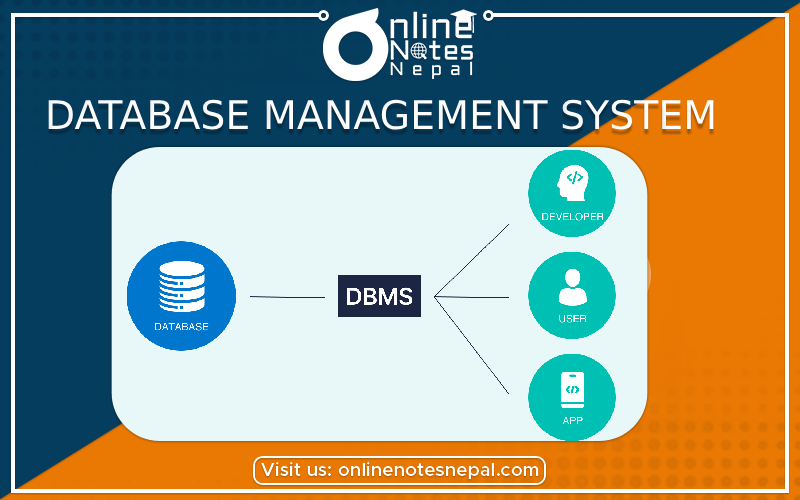Published by: Anu Poudeli
Published date: 01 Aug 2023

A Database Management System (DBMS) is a software application that allows users to interface with a database and efficiently store, retrieve, and manage data. DBMS acts as a bridge between the physical database and the end users, offering an organized and safe means of storing and accessing data.
Here is some important information about Database Management Systems:
1.DBMS Fundamentals:
2.Model Hierarchical
3.RDBMS (Relational Database Management System):
4.Design of a Database:
5.Querying and manipulating databases:
6.Database Management:
7.Management Systems for Non-Relational Databases:
8.Database Management Systems on a Distributed Scale:
9.Data Warehouses and Big Data:
10.Future Trends and Obstacles:
Database Management Systems are critical components of modern software development and data management. They are critical in guaranteeing data integrity, security, and accessibility, and understanding their ideas and functionalities benefits both developers and business experts.